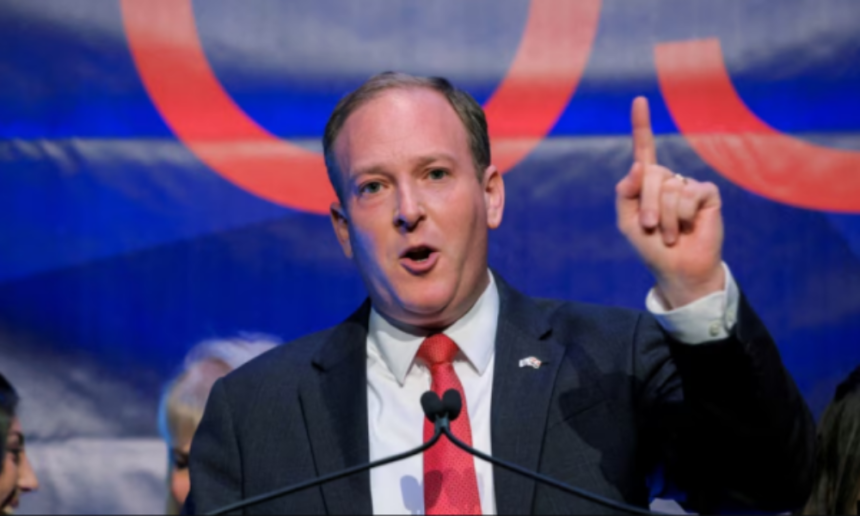The Environmental Protection Agency (EPA) in the United States is set to undergo significant changes as Lee Zeldin, a former Republican congressman from New York, has been appointed as the agency’s new administrator. The appointment comes from President-elect Donald Trump, signaling a shift in the agency’s priorities, particularly in regard to climate change regulations.
Zeldin, a staunch supporter of Trump and a four-term lawmaker, is expected to focus on rolling back environmental regulations that, in his view, have hindered American businesses. Zeldin, who holds a law degree from Albany and served four years in the U.S. Army, emphasized his goal of reducing bureaucratic obstacles that he believes have restricted the energy and business sectors.
A Shift in Environmental Priorities
In contrast to the Biden administration’s environmental policies, which prioritize clean and renewable energy production and impose restrictions on oil and gas drilling to combat toxic emissions and climate change, Trump’s administration under Zeldin’s leadership plans to remove regulatory barriers that slow down projects such as oil drilling, pipeline construction, refineries, and power plants.
“We will eliminate any bureaucratic hurdles to fast-track approval for oil drilling, building new pipelines, refineries, power plants, and reactors of all kinds,” President-elect Donald Trump said in a statement.
Zeldin has been vocal in his opposition to stringent climate regulations, having previously expressed similar views during his unsuccessful 2022 campaign for Governor of New York. “We need to repeal rules that ban the safe extraction of natural gas and approve new plans for oil pipeline construction,” Zeldin remarked.
Global Concerns vs. Local Action
The United Nations (UN) has called for an end to the production of fossil fuels as part of global efforts to combat climate change. Antonio Guterres, the UN Secretary-General, warned that time is running out to limit global warming to 1.5°C, a goal the world may struggle to meet without drastic policy changes.
While the shift in U.S. federal climate policy under Zeldin’s leadership could lead to the relaxation of climate-related regulations, states may still choose to implement their own environmental rules. Additionally, consumers can support eco-friendly products to counterbalance reduced federal regulations.
Zeldin’s appointment marks a clear pivot away from the aggressive climate policies of the previous administration, as the U.S. begins a new chapter in its approach to environmental regulation under the leadership of Donald Trump.







